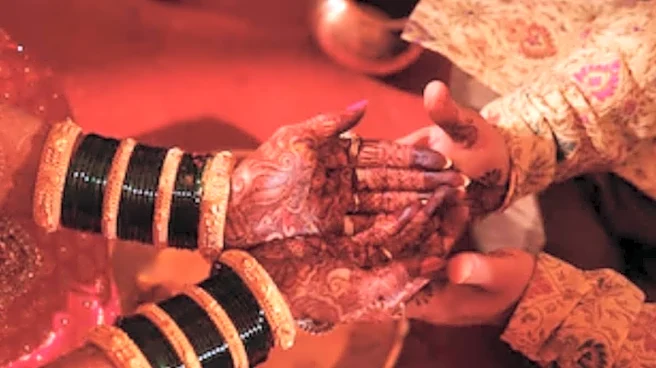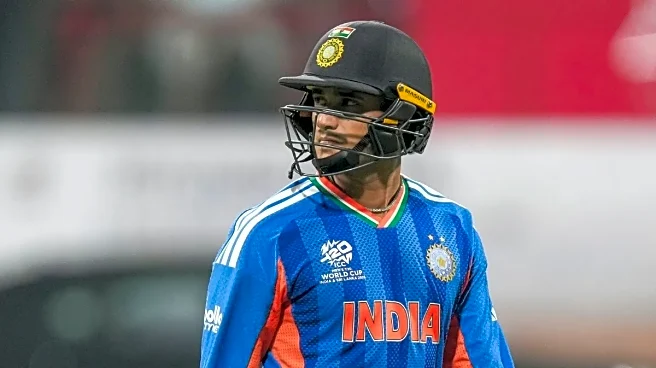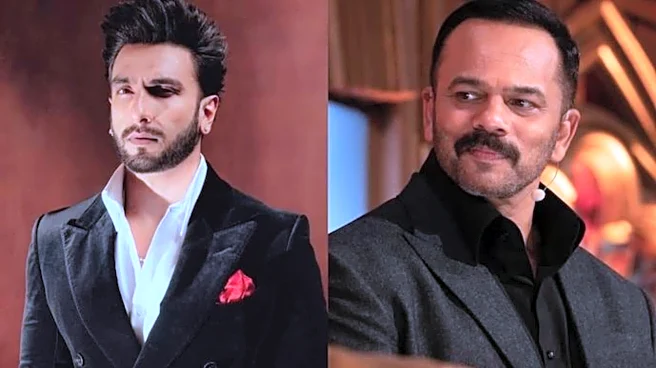Losing a spouse is an emotional and legal challenge, and it becomes even more complex when there is no Will. A common question that arises is whether a Will made before marriage can be challenged, especially in cases of interfaith marriages. Understanding how the law treats such Wills is crucial for ensuring a fair share of the deceased’s estate.
In Mumbai, a situation has come up where a Christian widow’s Hindu husband passed away without leaving a Will after their marriage. His parents found a Will made by him before he got married, which left all his property to them. The question now is whether this pre-marriage Will can be challenged.
Effect of Marriage on Wills
Generally, for Hindus, a Will does not automatically get revoked after marriage.
According to the Indian Succession Act, 1925, a Hindu’s Will is only revoked if the person either:
(i) makes a new Will or codicil,
(ii) executes a written instrument specifically revoking the Will, or
(iii) destroys the Will with the intention of revoking it.
Marriage alone usually does not cancel a Hindu’s pre-existing Will.
Interfaith Marriage Changes Things
The Bombay High Court has clarified that if a Hindu marries someone outside the Hindu, Sikh, Jain, or Buddhist communities under the Special Marriage Act, 1954, then the rules regarding revocation of Wills upon marriage may apply. This means that in interfaith marriages, a Will made before the wedding could be considered revoked.
In such cases, the estate of the deceased is treated as if there was no Will made after marriage.
Intestate Succession Rules
Since your husband did not make a new Will after the marriage, his property will be distributed according to intestate succession under the Indian Succession Act.
Under these rules, one-third of his estate would go to you as his spouse, while the remaining two-thirds would be divided equally among your children. This ensures that the surviving spouse and children receive their legal share of the property.
It is important to note that this interpretation is general and may vary depending on individual circumstances.
Some states, like Uttarakhand and Goa, have their own succession laws, which may affect how property is distributed.
Consulting a qualified lawyer familiar with family and succession law is essential to ensure your rights and those of your children are protected.


/images/ppid_59c68470-image-177104753116157906.webp)






/images/ppid_a911dc6a-image-177105042575465447.webp)

/images/ppid_a911dc6a-image-177105033328862095.webp)
/images/ppid_a911dc6a-image-177105037137039801.webp)




/images/ppid_59c68470-image-177105003415990657.webp)

/images/ppid_59c68470-image-177105003432353455.webp)